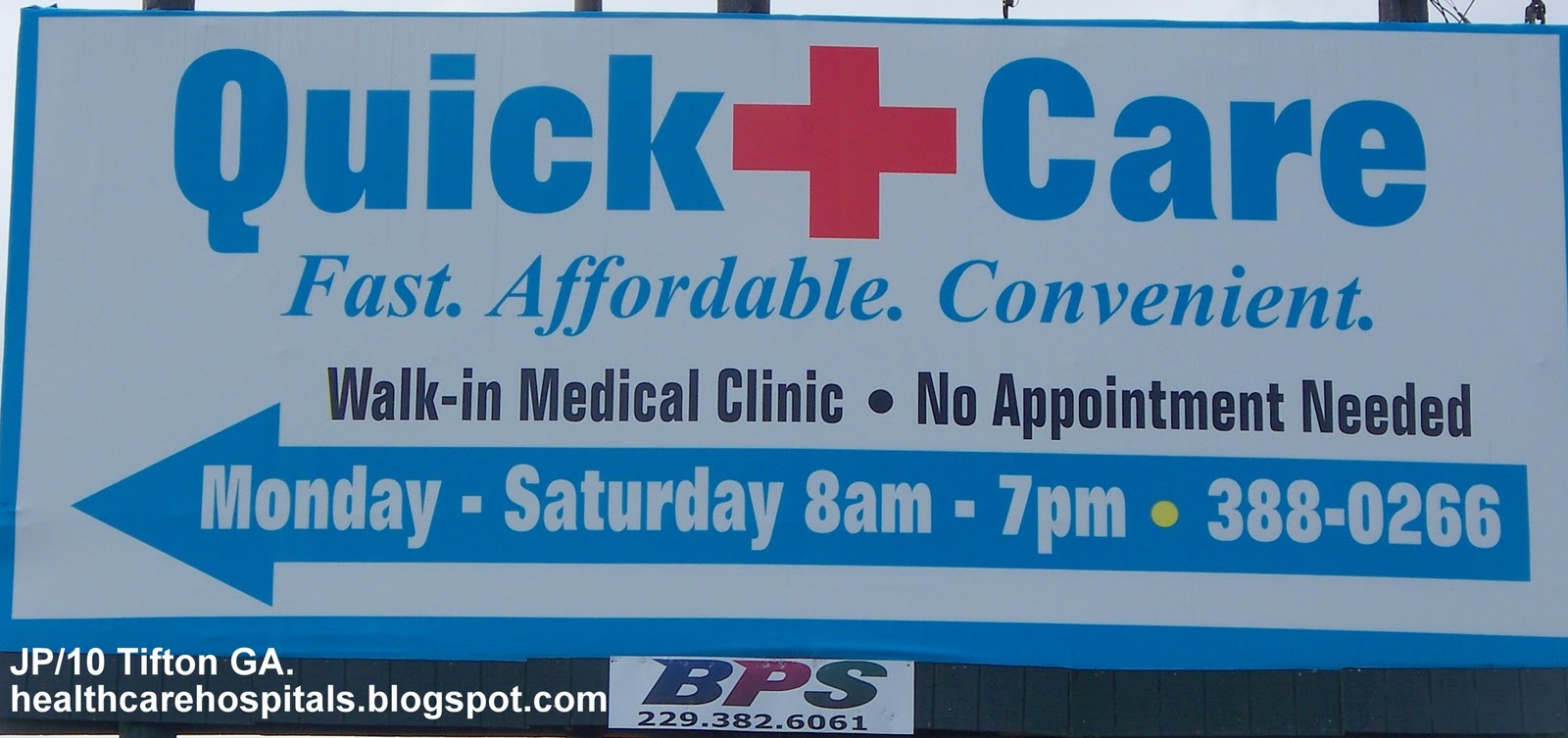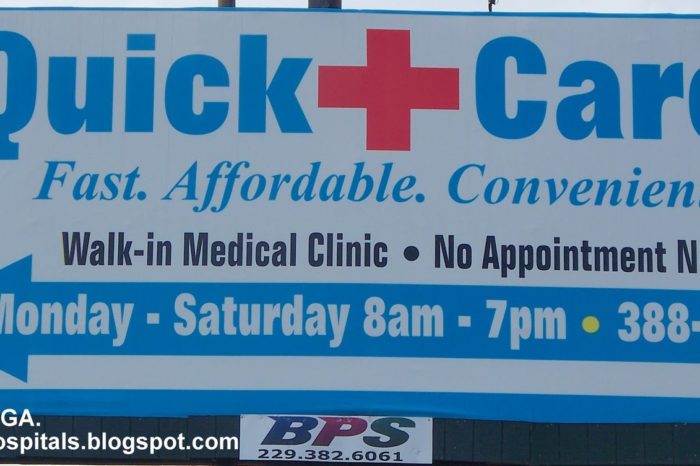One Small Step Toward Consumer-Oriented Reform in Massachusetts Healthcare
 Last week a little noticed but highly significant healthcare policy decision was made in the Commonwealth, and Pioneer Institute is proud to have been a long-time advocate for this consumer-friendly reform. Building on our research on the low cost, high-quaity care that can be offered at convenient care/limited service clinics, the state moved to allow more basic services to be offered in these settings. (Think CVS, Wal-Greens, Shop & Shop, and dozens of other retail based locations.)
Last week a little noticed but highly significant healthcare policy decision was made in the Commonwealth, and Pioneer Institute is proud to have been a long-time advocate for this consumer-friendly reform. Building on our research on the low cost, high-quaity care that can be offered at convenient care/limited service clinics, the state moved to allow more basic services to be offered in these settings. (Think CVS, Wal-Greens, Shop & Shop, and dozens of other retail based locations.)
Last summer, Pioneer Institute joined with Associated Industries of Massachusetts, National Federation of Independent Businesses/Massachusetts, and the Retailers Association of Massachusetts in submitting written testimony to the Massachusetts Department of Public health in support of regulatory changes to expand services available at limited service clinics to include those within the scope of a nurse practitioner, including the “diagnosis, treatment, management and monitoring of acute and chronic disease, wellness and preventative services.” Up to that point, nurse practitioners had been limited in the care they could provide at Massachusetts limited service clinics, wasting valuable and cost effective health care resources.
The Legislature has been on a multi-year journey to slowly loosen the overbearing rules and regulations placed on such clinics. While Pioneer has been very critical of past ill-advised efforts to use price caps as a mechanism to contain healthcare costs, every once in a while a great idea that is both pro-patient and taxpayer sneaks its way into law.
Much more attention is needed on this issue, as not a single convenient care clinics is open today in population-dense Boston. Pioneer’s work has documented the impact of this reality as taxpayers are forced to pay millions more a year for those on public insurance, and vulnerable low-income patients are forced to receive care in emergency rooms, as they are unable to find a flexible primary care option.
This issue should receive renewed attentions as the Health Policy Commission released a report this week that highlights that,
Massachusetts residents used outpatient hospital services 72 percent more than their U.S. counterparts, and inpatient admissions were 10 percent higher than the United States. Emergency department visits in Massachusetts were 13 percent higher and outpatient surgeries were 27 percent higher than the U.S.
A regular review of convenient care clinics regulations should be undertaken to make sure we are the most competitive in the nation.
Tackling large policy issues such as healthcare often require small steps along the road toward bigger systemic change. Pioneer is committed to exploring as many of these options as possible, as recently highlighted in our work on health savings accounts (HSAs), to understand the potential benefits for patients. Otherwise experiences in other states, such as Oklahoma, only serve to reflect how far behind the Commonwealth is from meaningful consumer-oriented reforms that can impact even the most complex areas of healthcare such as surgery.
Here is to hoping this rolling stone will gather mass and lead to more consumer-oriented reforms in the near future in healthcare, our health and wallets depend on it.



